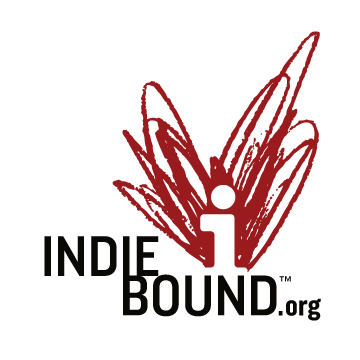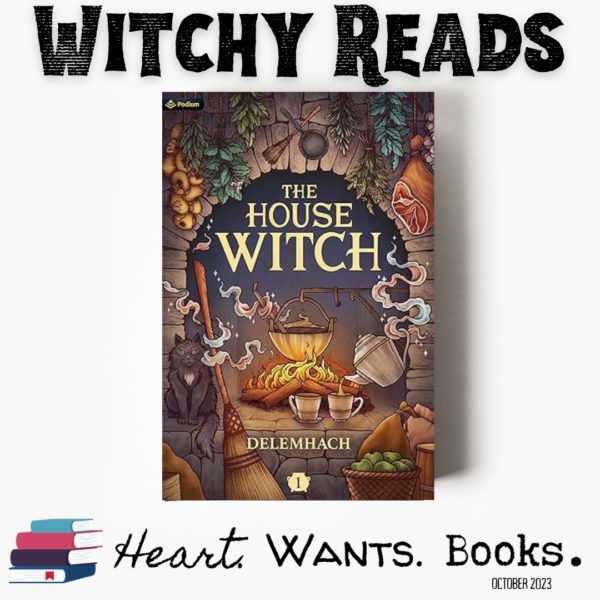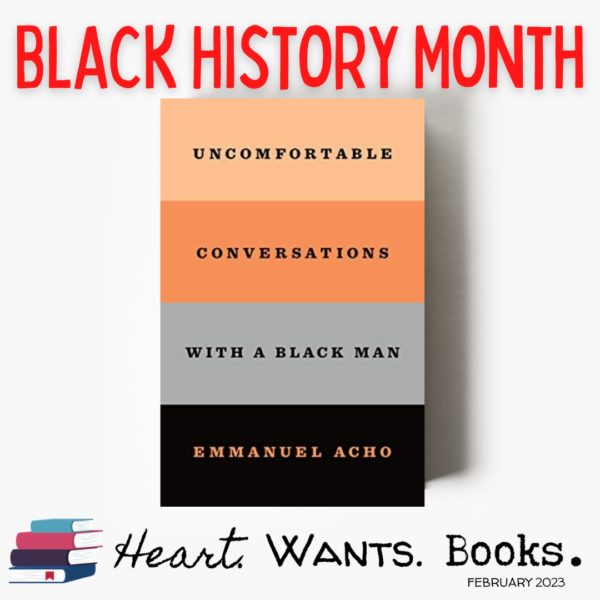She Who Became the Sun by Shelley Parker-Chan March 31, 2022

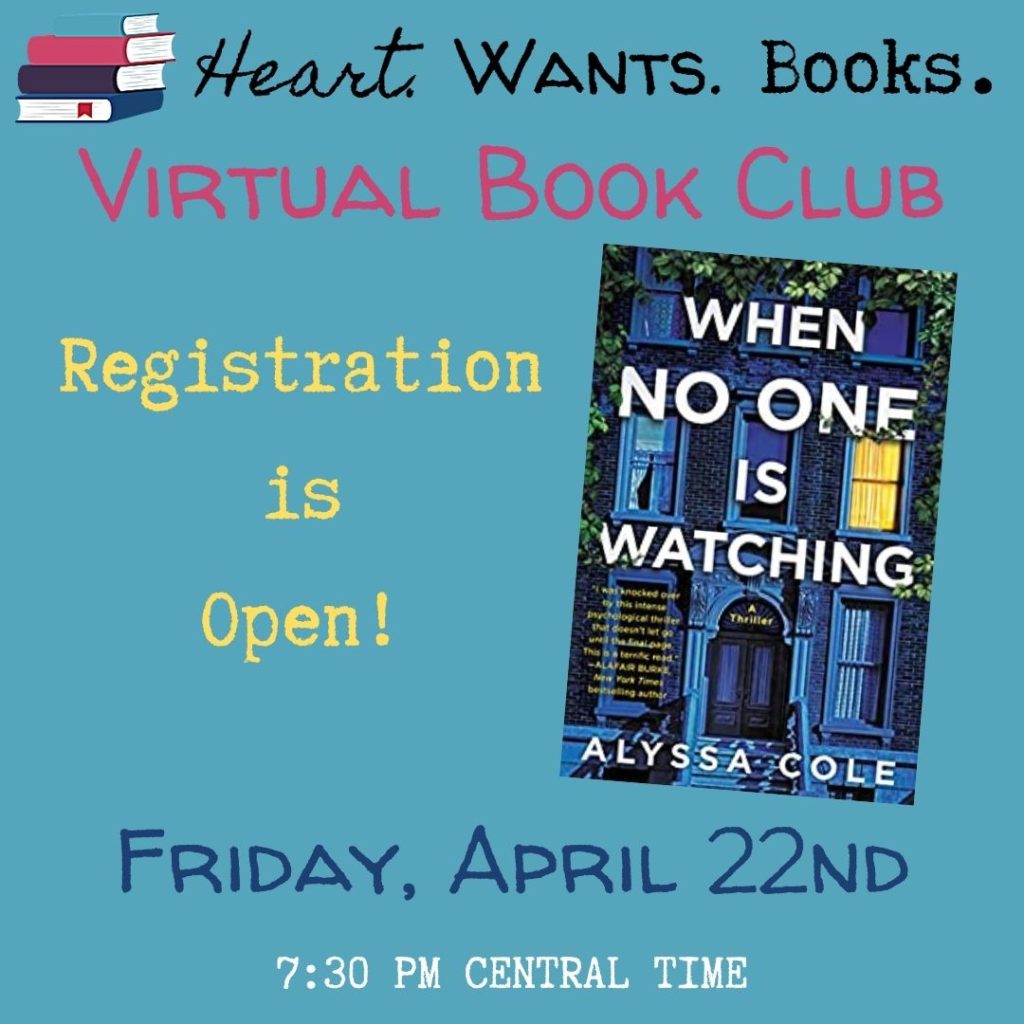
The following post includes affiliate links. More details here. As you’re doing your Amazon shopping, we’d be ever so grateful if you’d use our affiliate link to do so as it helps pay the bills around here!
What makes a book that’s great for book club? One that inspires conversation. Doesn’t When No One is Watching feel like a great book club title? What happens when no one is watching does indeed feel like a fun conversation, and one I hope you’ll join us for on Friday, April 22 at 7:30 p.m. CDT. Sign up here if you’re interested in this discussion, reading a thriller with a group, or diving into Alyssa Cole’s titles. We’re here for all three and hope you will be too!
Well darling readers, we’ve done it again. Not only is this week’s book more ancient religion still in practice than mythology, but it’s also more historical reimagining than a reimagining of religious stories. Oh well, because it was a very fun read that kept me engaged, so I’m taking that win and moving on to tell you more about She Who Became the Sun by Shelley Parker-Chan.
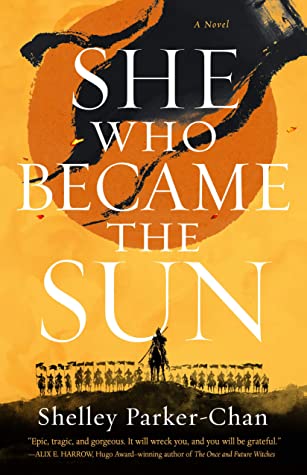
When we first meet the Zhu family in 1345, there are three, a father, a son, and a daughter, and famine has ravaged their home village and the countryside around it. They’re hanging on by a thread, and when that thread snaps, the daughter is all that’s left. She Who Became the Sun is her story, as she strives to become great, which the fortune teller said is her brother’s fate, not hers. This story spans more than a decade as Zhu finds herself free from the shackles of family and society and then transforms into who she wants to be, leading readers who search for deep meaning into the contemplation of fate – is it something you’re born with or something you can shape and reform as you go along? We know the Greeks have feelings about this, and Shelley Parker-Chan gives us some insight into how the Chinese feel about it as well. In addition, there are also religious practices discussed around ancestors, ghosts, and what happens when those particular traditions are ignored. We learn what a “mandate from Heaven” is and how complex it can be to have, and hang on to, and contemplate how our actions in this life can affect future lives, and what it would feel like to remember all your past lives. And, our main characters demonstrate the different forms love can take, and how lasting betrayal and family trauma can be. The marketing copy says this title is a reimagining of the founding of the Ming Dynasty, but as I’ve just shared, it’s so much more.
On the page, She Who Became the Sun is the story of a girl who is orphaned by famine and bandits, then takes on her brother’s identity in an effort to survive. We learn early on that she has an iron will and is determined to live the life she has, even if it isn’t really hers. She finds refuge, grows into a determined young adult, and then continues on to see what she can achieve using these qualities. The journey is magnificent, and all the more so for the other characters who come into play teaching her more and more about herself along the way.
I do have several questions about the ending, but overall it’s solid enough for me to not be mad, and just deep dive the actual history of the Ming Dynasty to fill in the gaps. I would have loved an author’s note about which other characters are real and which belong to the author, but again, I can figure that out myself (and also by reading Parker-Chan’s website), I’m just being lazy. For the story, with all of its layers and depth, and for the picturesque, engaging writing, I’m giving She Who Became the Sun a solid four stars, with the caveat that I did consider higher. I’m holding out to see how the second book in the duology goes (surprise Ashley! I just found out). I don’t think it’s needed for the story, but I’m not sad to get to spend more time with these characters learning about Chinese history in a fun way.
What’s a title that wasn’t what you expected, but you really liked?
~Nikki
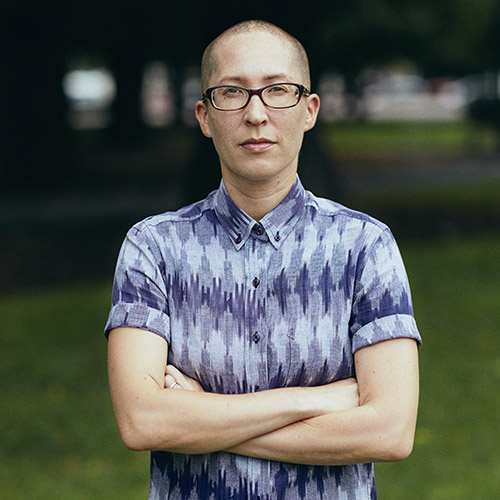
Shelley Parker-Chan is an Asian-Australian author whose debut novel She Who Became The Sun is an international bestseller. As a former diplomat and international development advisor, she has spent her time working for human rights, gender rights, and LGBT rights in Southeast Asia. She Who Became The Sun owes much of its fantastical and thematic elements to Parker-Chan’s childhood diet of Greek myths, Arthurian tradition, and Chinese stories of suffering and tragic romance. She lives in Melbourne, Australia, with her family. I think it’s hilarious that Nikki just figured out while writing this blog post that we’re discussing book one of The Radiant Emperor duology. Though, to be fair, I didn’t figure it out until after we were done reading it, too. Ha!
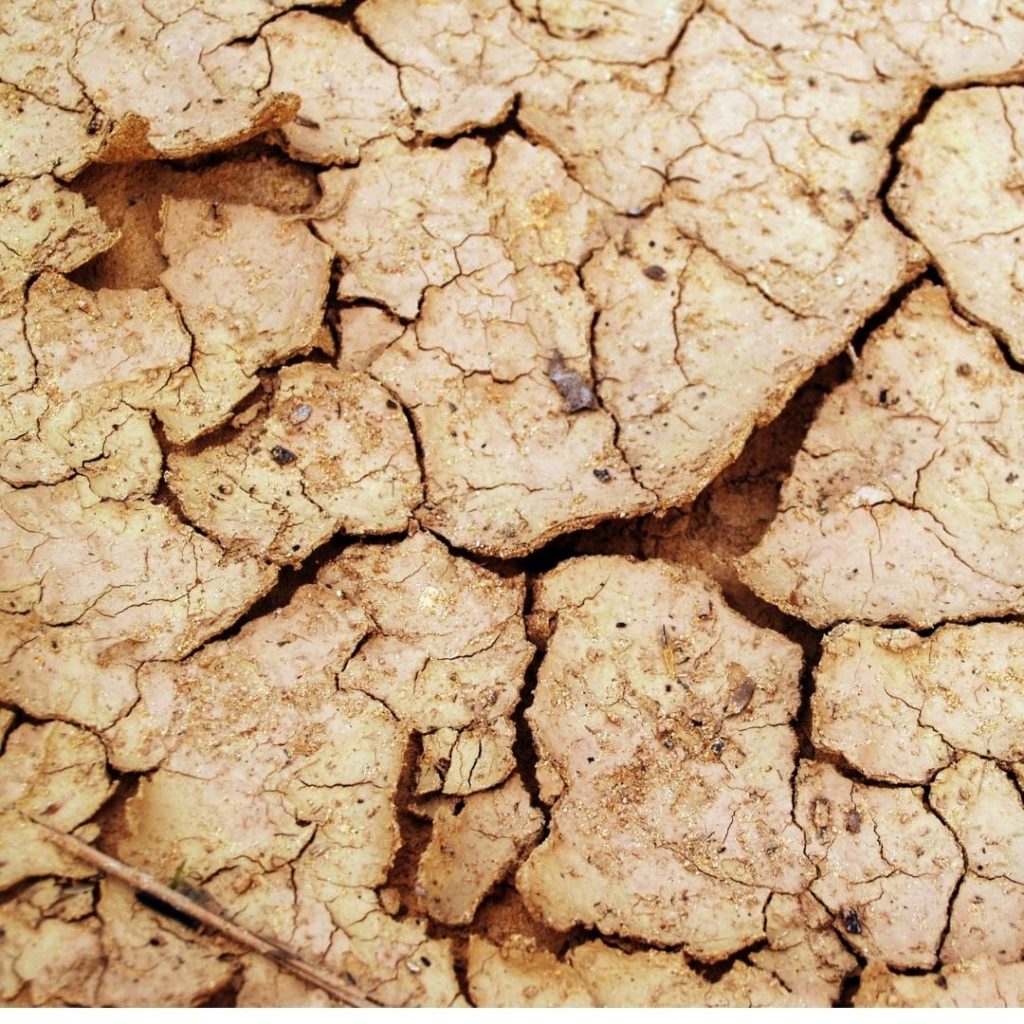
Oh, darling readers, I really don’t know what I thought we were going to get when we started reading this book. As Nikki stated above, this is definitely not a ‘mythology’ title. Gender-bending speculative historical fantasy might cover it. Regardless of the genre mishap for our mythology theme purposes, She Who Became the Sun is a book filled with such amazing descriptions and characters with depth I couldn’t put it down. I read the book in big chunks, especially after the 50% mark. A major component of what sucked me into the book was the poetic way that Parker-Chan described literally everything. I rarely have a highlight in the books I read before the second chapter (unless it’s a re-read), but I highlighted the second and third sentences in chapter 1. “All around there was nothing but the bare yellow earth, cracked into the pattern of a turtle’s shell, and the sere bone smell of hot dust. It was the fourth year of the drought.” I already knew that the village of Zhongli was in the middle of a drought, I saw that cracked earth image like a photograph in my mind. There were other instances of such description, like the air in the monastery where Zhu grows up, or the feeling of being surrounded by ghosts. Delicious little tidbits of writing that continually shock the reader’s attention, to have to go back and think about the image that the words create. Yum.
Yes, the plot and characters had me researching the beginning of the Ming Dynasty on wikipedia after I finished the novel, and I, like Nikki, desire a comprehensive author’s note at the end of book two so that we curious readers can get more insight into the writing process and inspiration of this epic tale of what it means to “live like your head is on fire.” I’m giving She Who Became the Sun, which we should all note is a homophone for She Who Became the Son, four solid stars. I can’t wait until there’s a publication date for book two so that I can recommend it to the library post-haste.
~Ashley
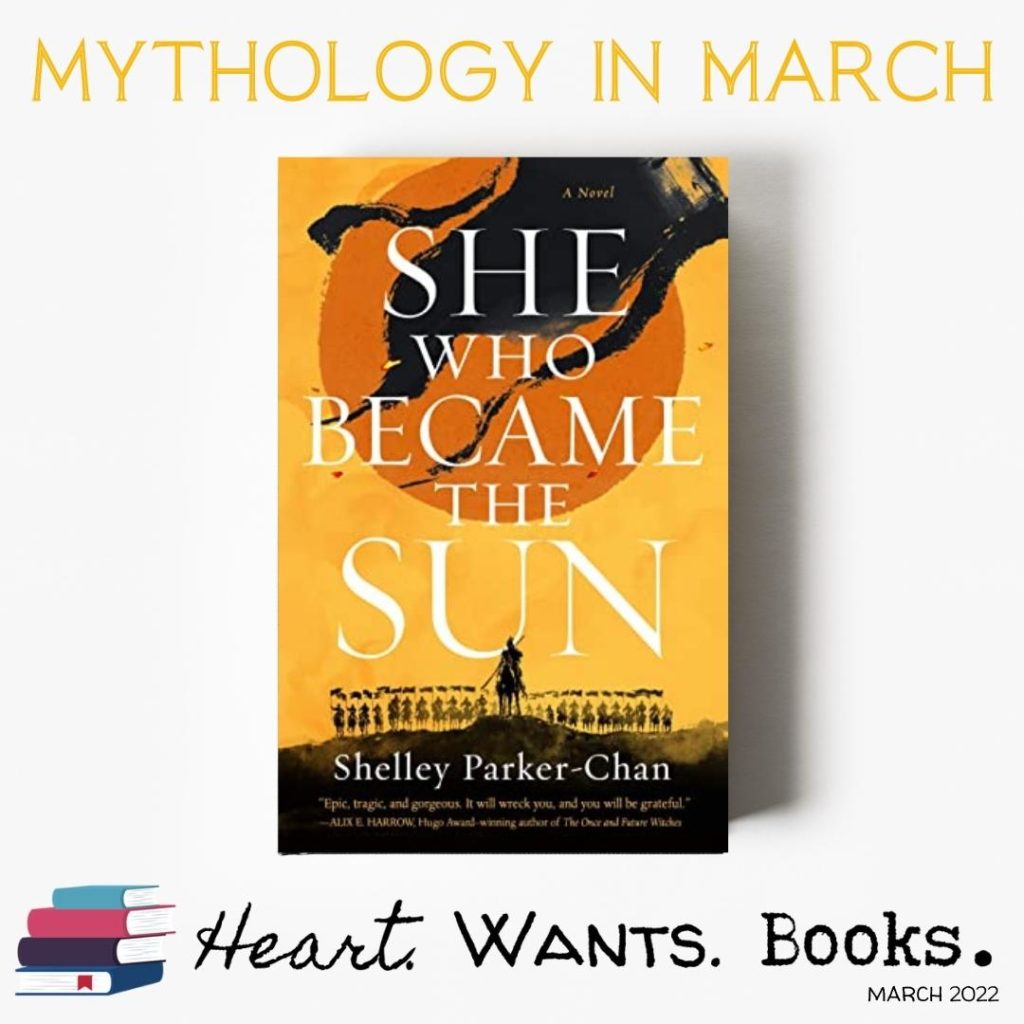
PLEASE SUPPORT US WHEN YOU SHOP BY FIRST CLICKING ON THE IMAGES BELOW:


